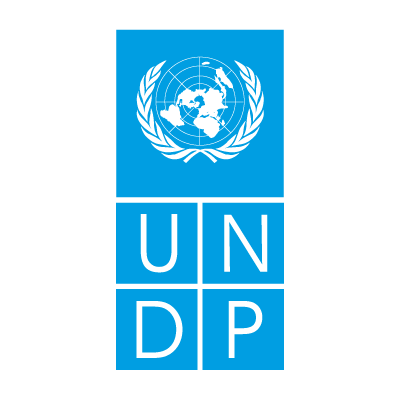
KNOWLEDGE
HUB
Case Study
Community Forest Restoration in Nepal
Population growth, agricultural expansion, and demand for fuel-wood resulted in large-scale deforestation in Nepal from the1950s to 1990s, leading to soil erosion, increased sediment runoff, landslides, and flooding. Community forestry, initiated by the Government of Nepal in the late 1970s, emerged as a new approach to engage communities in the usage, rehabilitation, and management of forests. Nepal’s community forestry activities resulted in: restoration of 1.2 million hectares of forestland; formation of 18,000 community user groups and annual US$ 12.4 million income generation by community user groups; fewer forest fires and illegal felling as a result of community involvement; reduction in downstream flooding; and increased supply of fuel wood. Several actions and good practices, profiled in this case study, supported successful outcomes under Nepal’s community forestry initiative.
- Policy changes decentralized forest management by shifting responsibility from the central to local governments, thereby empowering locals to make beneficial decisions about forest management and restoration.
- Implementation of Community Forest User Groups as independent, autonomous and self-governing institutions allowed for clear leadership and responsibility for sustainable land use and management at the local level. Community Forest User Groups were inclusive to equal representation of men and women in their groups (33% of leadership positions were reserved for women).
- Development of a Federation of Community Forest User Groups consisting of local forest users. The Federation supported policy reform, advocated for community groups and organized training among peers.
- International and NGO partnerships provided long-term financial support and technical assistance for restoration planning and implementation. Coordination among these partners also facilitated positive outcomes.
Institutions Involved
Government of Nepal, non-governmental organizations, Asian Development Bank, UK DFID, UNDP, Government of Australia, Government of Switzerland



